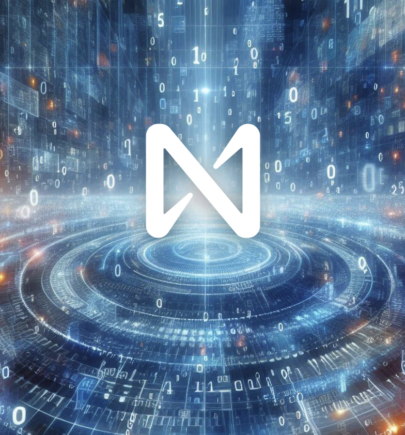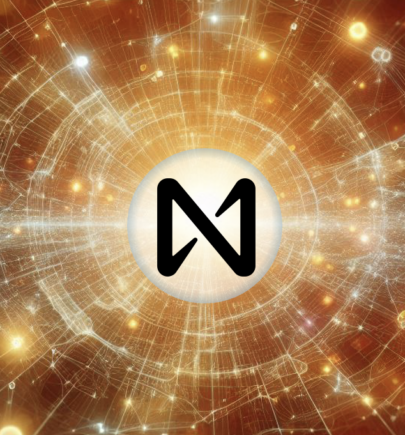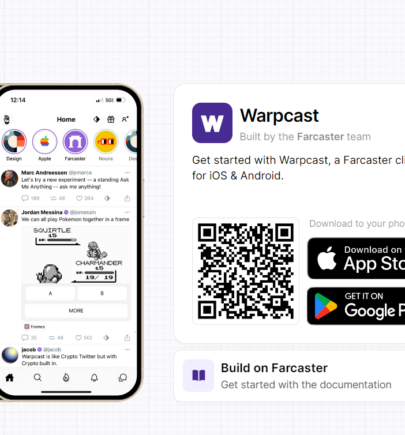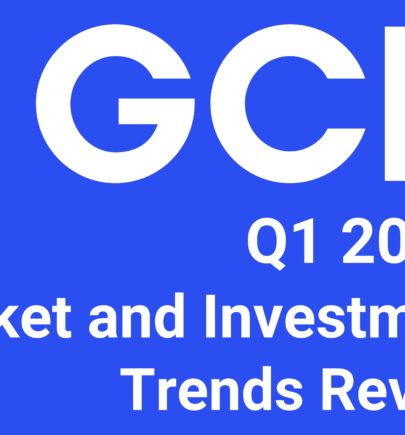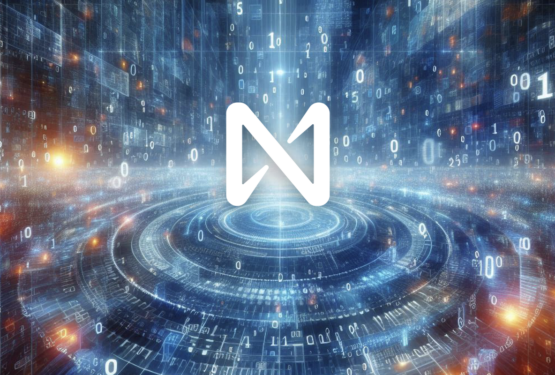How YGG Is Changing Gaming
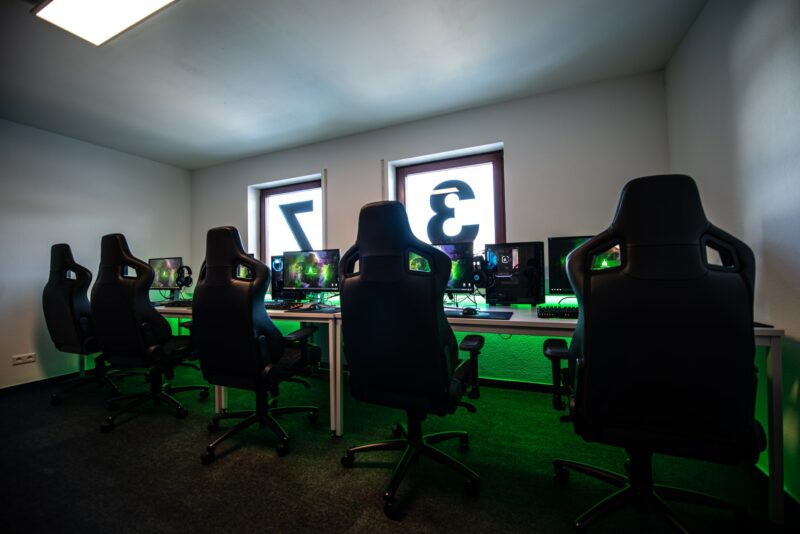
By: Joel John and Siddharth Jain
Hey there,
Have you thought of what drove the virality of Axie Infinity? It is likely the support the game received from users in the Philippines and Indonesia. Spearheading the play to earn revolution, these Axie players started supplementing their income in the pandemic by earning from Axie Infinity. Like most gamers, all one may want to do is to keep playing all the time. Writing this piece brings back memories of days spent in DOTA/DOTA2. Sadly, for the casual gamer, playing games hasn’t been a viable way to earn! Tournaments have big prize pools, but that corpus is distributed amongst the gaming elite. Casual players can’t even dream of earning in the current setting for major AAA titles. You could play for hours and earn a rare artefact, but trading it for cash will be difficult. Axie changed that by leveraging tokens and NFT’s to create an intricate economy allowing people to earn just by playing the game, as explained in our previous post. Here’s a quick re-cap.
You need 3 Axies to start playing which may cost north of $1000. Playing Axie is equivalent to getting two PS 5 sets($500*2)! Costly right? So how are gamers looking to supplement their income able to afford this? If you’ve seen any of the tweets recently remotely related to Axie infinity, you may know-how. Axie Scholarships! Gamers are vying hard to become scholars, finding a manager who loans them Axies allowing them to start playing! These scholarships have considerably brought down the barrier of entry for new users and bring us to the focal point of this article – Yield Guild Games (YGG). Quick context – a “scholar” in Axie Infinity is a player that has access to NFTs on a lease to play without spending the $1000 needed to acquire them. A manager is the individual deciding who to give these NFT leases to.
We dive into YGG and explore the need for a guild like YGG, reasons for its success and how it affects game developers and moulds the future of Play to earn games.
A Job Aggregator For The Metaverse
YGG is a player’s Guild that aims to generate value from on-chain games with a play to earn component. Clans and guilds are not new to the gaming world. They are groups that come together to solve a mission or clear a level within a game. What differentiates YGG is that they are positioning themselves to own the NFTs and tokens powering gaming economies built on blockchains today. Earlier clans had limited opportunities to monetise or align economically; YGG has transcended that. The Guild empowers players to play and managers to coach players while allowing both to earn. Think ISAs (Income sharing Agreements) for software jobs. Lambda takes in rookie coders, trains them and introduces them to potential employment opportunities. It then takes a cut from their income as their fees. Yield Guild does the same but for gamers. Managers acting on behalf of the Guild identify and train scholars and loan them assets to play. These scholars share a portion of their income with the Guild and the manager. Scholars effectively enter into an ISA with the Guild and managers for the duration of the asset loan. What drives scholars is that the more they play, the more they can earn. YGG is a recruitment agency for the metaverse, a gamer’s collective and a bridge for investors looking to deploy money in the play to earn ecosystem.
Play to earn is not a new concept. Games as old as Runescape have had assets that could be traded. The problem was that the marketplaces were not operated by the developer but by third party operators, effectively bypassing the studios and developers from taking a share of the trade. The studios retaliated by punishing player accounts engaging in these marketplaces with bans. Diablo 3 experimented with an in-game marketplace but failed to capitalize as the game mechanics veered towards pay to win. What has helped Axie Infinity are a few key features that differentiate it from games that game before it.
1. Play to earn – Allows players to earn while casually playing the game and doesn’t just reward players competing at the highest level
2. Not free to play – Players need to acquire assets that are needed for minimum viable gameplay. The model does not focus on simply expanding daily average users.
3. Asset ownership & P2P marketplace incentivising the studio Blockchain-based infrastructure for the real ownership of in-game assets. Having a marketplace that is supported by and contributes to the top line of the studio. This ensures complete buy-in from the game developers and acts as a feature instead of a bug.
4. Defensibility against pay to win – Although rarer Axies have Mystic parts that create a better visual appeal, their ability in combat remains similar to the rest. Gamers and collectors pay for rarer Axies just like they do for skins in Fortnite. Ultimately arena battles are decided based on skill & strategy allowing for fair gameplay.
Once the price floor of Axies went beyond the reach of average players, there was a need for a way to fulfil the new players discovering the game. Enter Yield Guild Games. The guild fills this void and allows players to become scholars and play using the guild’s assets. To a casual observer, the capital accessibility might seem the primary moat for the guild, but it is much more nuanced than that. YGG acts in multiple roles. First, through loaning out digital assets that serve a utility the project has become a pseudo-investment bank for the meta-verse. The network can curate the best talent and attract more people through the network effects that emerge from the community gathering around it. Individuals that managers do not select on YGG stick around to be a part of the gaming community. Lastly, YGG is a distribution network that can strongly build a moat over time. Games that partner with YGG will be able to find a robust and talented community and acquainted with the ways of working with blockchain-based gaming. If the guild can develop strong distribution – it could be the equivalent of what Facebook was for Farmville.
The Unit Economics Behind YGG


Building on the numbers mentioned in the Axie post, let’s assume the 4000 scholars are earning 230 SLP daily. This translates to the Guild making ~half a million dollars per month at current SLP prices (~$0.20). These are stats for a single game and P2E is just getting started. We likely see more success stories in this segment alongside Axie Infinity. The Guild has begun identifying and is already investing in such opportunities. There is immense scope of growth in the Axie Universe, where YGG plans to have 10,000 scholars by year-end. In our point of view – the Guild’s income can exponentially scale by changing any one of three different levers.
1. The count of players rapidly increase – thereby increasing the amount of SLP the guild itself can earn each day.
2. The price of SLP increases substantially, enabling the guild to buy more assets.
3. The number of games plugged into YGG increases.
YGG has raised ~$17.8 Million across three rounds. Combining this with the current revenue that is being reinvested in assets gives them a substantial corpus to purchase yield generating assets in the metaverse. Additionally, one could argue that YGG has a better deal flow than most venture funds would have access to. Their userbase comprises gamers – all of whom are constantly tinkering with the newest play to earn ventures in the model. YGG is also changing how management happens from a portfolio management point of view through incorporating DAOs in how they operate.
YGG is the central DAO comprising many SubDAOs representing different games. This gives complete control to the subDAO to operate independently of the other DAOs and optimize for returns. Competitors? YGG has had a big win with Axie, that success has inspired many and other scholarship programs have sprung up. Despite this, it will still be challenging to compete with the YGG given its sticky community, which has grown ~42,000 strong on Discord. As the community grows, the advertising and merchandising opportunities will give rise to more avenues for the YGG DAO to make money. Classic case of distribution being king. Here distribution is access to thousands of gamers associated with the guild and hungry for more P2E opportunities.
Impact on stakeholders in gaming
Gamers band together in the guild not just to earn but also to explore these mini-universes together. Eager players join it to avail. It is more than a place for gamers to get borrow NFT’s to earn their sustenance, it is a chance to enjoy what they do to earn a living. It appeals to the clan mentality of GenZ which will be the primary settlers of the Metaverse. Access to this group of gamers is invaluable to gaming companies. To understand this let’s take a look at the various stakeholders and how YGG is positioned to be an enabler for them in a play to earn environment:
Studio – Currently, advertising spends are spent on user acquisition. With the guild, the studios get access to a curated community that can jumpstart the network effects for their game. This is a community that is no stranger to Play to Earn. YGG plans to incentivize quests/tasks in partner games with the YGG token. It allows YGG to eventually leverage its knowledge and derived from the collective to have a say in defining the player experience. The advertising budgets can be deployed to have more immersive P2E experiences. This will kickstart a flywheel where the value flows from the developers to the gamers and not advertisers.
Players – The Guild becomes an on-ramp for talent to the metaverse. The success of Axie lies in it going beyond the usual DeFi user and bringing in the casual gamers and even elderly from the Philippines to understand SLP- an ERC20 that funds their household expenses. The former scholars and managers have set up their guilds and are making the feedback loops go viral. This has helped raise awareness about crypto assets – both ERC20’s and NFT’s alike. They are silently making NFT based P2E games a trojan horse for Crypto adoption. As virtual lands gain prominence, they will need people to manage, develop and build on top of them, helping a broader set of skill sets like designers to enter the space.

Investors – Collectors and investors can loan their NFT’s to the Guild, allowing them to scale. This has the potential for the AUM of assets being loaned out to be multiplied manifold, creating additional opportunities for the Guild. In addition, the NFT loans should generate revenue for the owner and the Guild, thus making the value flow loop complete and ensuring that most collectors have a way to earn passively on their prized assets. Investors get access to the revenue stream of YGG via different vaults, which use YGG holdings to distribute the earnings.
YGG’s community doesn’t just have gamers. It has investors, designers and explorers of the metaverse in one place. YGG can emulate for games what YFI did for DeFi. YFI was able to bootstrap liquidity and acted as a kingmaker for protocols. This makes YGG’s position lucrative: Studios can incentivise YGG with early-stage deals to buy their assets and help them curate a player base. YGG has an excellent matching engine for assets and players. The managers are natural scouts and will help match the best players from its gaming guilds to the best assets sourced either from its treasury or the assets loaned to the guild, creating a monster E-sports team that will be tough to beat. We have heard rumours of a Delphi esports franchise in the making.
Cooperatives of The 21st Century
YGG is a guild of guilds. The key reasons YGG can achieve scale are its managers – currently, 19 manage over 4,500 Scholars. Homegrown managers are the secret sauce propelling YGG. Good scholars graduate to becoming managers and feed the network effects that create a strong moat. YGG might have kick-started its journey with Axie but this model will apply to other games as long as playing the game requires a sizeable investment. YGG will be a game agnostic guild where gamers are out to optimize their ROI for every minute played. This is a boon for studios that can create flywheels that help create and sustain the game’s earning potential.
YGG’s innovation does not apply to games alone. In the future – we may see this model expanding to education, art and venture capital itself. Communities are units that thrive on information asymmetry. Historically, hierarchical models of information flow were top-down – that is, a decision moved from the top (e.g.: CEO) to individuals lower in the hierarchy. Tools of collaboration at a global scale have created beautiful platforms like Wikipedia. Still, the instruments needed to track reputation or incentivise being close to the activity has not existed yet. YGG’s model is a reminder that tools of coordination can create entirely new business models. Today’s economy tends to discount individuals closest to a situation and best suited to make a decision. Or when they do, the rewards are often not split with them. This is a conundrum we see in all agency based models – ranging from scouts in sports to non-partner roles in venture funds. By giving a portion of the fee generated to individuals facilitating discovery, YGG is building skin in the game for those able to detect and invest in talent. In the world of sports, this would translate to large paycheques for coaches that discover talent early on
There are multiple ethical dilemmas at play too. Specifically, in the case of YGG, one could argue that gaming alone cannot lead to sustainable, long-term careers. The counter-argument is that gamers will be attracted only so long as the economic incentives beat what is locally available. More importantly, these games impart skills in coordination, communication and working in a remote environment. All of which are abilities that can translate to higher pay. The other argument is that incentivising scouts in some cases can lead to massive corruption. This is a problem that is commonly found in traditional situations too. Our understanding is that if scouts focus only on short term incentives, their long-term upsides will vanish. It is a losing game for them to play adversely. Lastly, as we have seen with gaming economies like Farmville, in-game economies can collapse over time, but that is an assumed risk even with traditional economies. Discounting YGG like models for that risk alone does not seem fair. We would be keen to hear your thoughts on how this model can be extrapolated to other aspects like education and venture. Hop into our Telegram here to discuss further.
This article was written with help from Anil Lulla from Delphi Digital and Gabby Dizon from YGG and initially appeared o Decentralised.co


